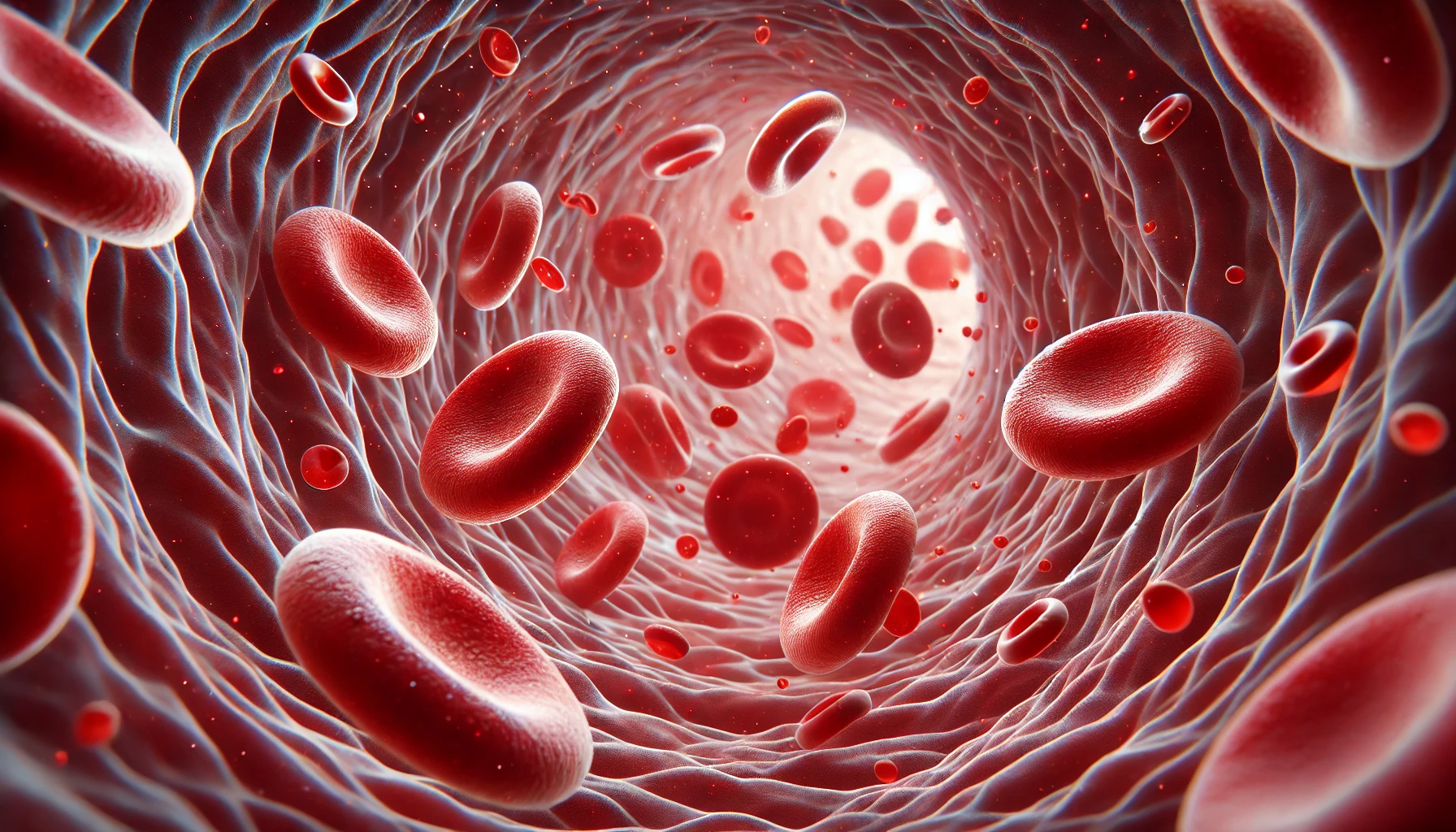Biohaven's Taldefgrobep Alfa Shows Promise in Obesity Despite Failing SMA Phase III Trial

Biohaven's investigational drug, taldefgrobep alfa, did not achieve its primary goal in a Phase III trial for spinal muscular atrophy (SMA), as it failed to significantly improve motor function compared to a placebo on the Motor Function Measurement-32 (MFM-32) scale[1][2]. The trial showed a significant placebo effect among non-Caucasian participants, potentially due to genetic polymorphisms, which Biohaven is considering as a future biomarker for patient selection[2]. Despite the setback, Biohaven remains hopeful and plans to discuss subsequent steps with the FDA, pointing out certain efficacy signals in specific subgroups, notably among Caucasian patients where some MFM-32 score improvements were noted[1]. While the drug did not meet its primary endpoint in SMA, it did show a promising reduction in body fat mass, paving the way for its exploration in obesity treatment[1].
References
Explore Further
What are the specific genetic polymorphisms identified among non-Caucasian participants that may explain the high placebo effect in the SMA trial?
How does taldefgrobep alfa's mechanism of action differ from existing obesity treatments like GLP-1 receptor agonists?
What are the implications of the observed body fat reduction for the design of the upcoming Phase II trial in obesity?
How is Biohaven planning to integrate biomarkers in future trials to enhance patient selection and improve trial outcomes?
What are the potential broader therapeutic applications for taldefgrobep alfa beyond obesity, particularly in brain and immune disorders?